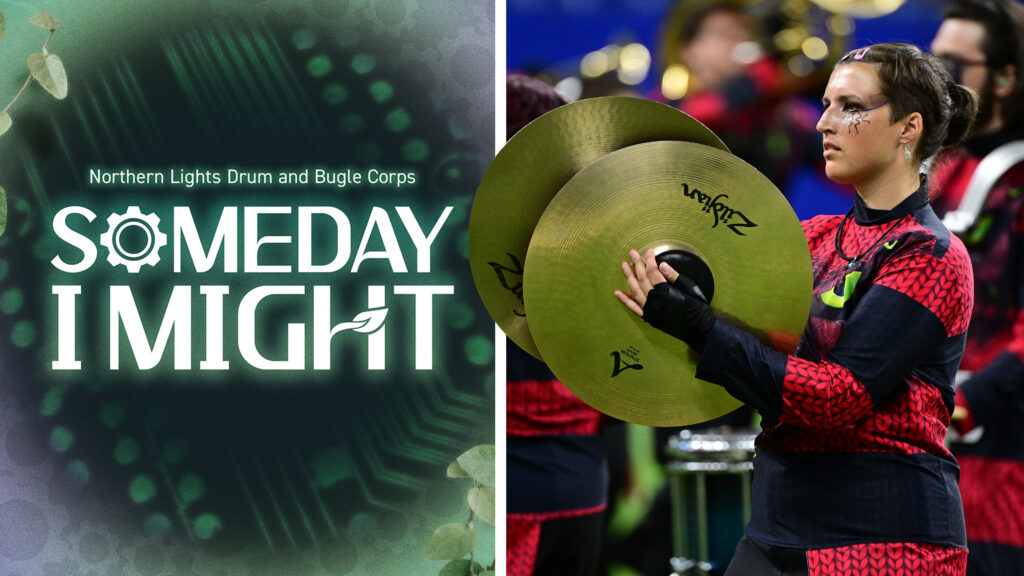
This week, we’ll be devoting some editorial attention to drummers, drums, and other percussive discussion points. Snare drumming sounds so sterile.
We tend to associate musical passion with more melodic instruments. People have a passion for playing the French horn, or marimba, or even the drum set. The marching snare drum, with its “loud, obnoxious” sound, tends to be pushed along the wayside in terms of the beautiful and impressionable musical instruments.
How wrong. I love the snare drum.
I have now marched in the snare lines of one high school (Romeoville, Ill.), one Big-Ten University (the University of Illinois’ Illini Drumline) and one terribly awesome drum corps (Capital Sound). I’ve also taught a snare line at Romeoville.
The snare drum sounds like a strange thing to love. But yes, I think that some great and beautiful sounds can come out of a snare drum that is played properly. I have a hard time gaining greater satisfaction in life than the satisfaction I gain from playing well, or teaching players how to play well. However, playing snare at Capital Sound is different than playing snare here in Champaign, which is much different than teaching a snare line in Romeoville.
In Capital Sound, it’s drum corps, friends. Just like the story has been told before, we worked hard, cleaned our notes, and played a ton. The lots were clean, you could see the progress, and we became great friends. A drum corps snare line goes through a lot of trials, and spending that much time with five other guys, mostly spent under intense situations, can give you a lot of headaches. However, you learn to relax, and let the show flow through your hands. “Leave your baggage at the truck,” as they say, and you simply become a small family in the middle of a bigger family called the battery, and an even bigger one called a drum corps.
Here at school, we are able to come into a much more relaxed atmosphere, but still maintain a love of playing. The Illini Drumline is one of the best in the country, so we do indeed have a lot of motivation to play a lot of notes, and play as well as we can. The more relaxed atmosphere just comes from not being around each other 24 hours a day like we do in a drum corps, I would imagine. We still have frustrations over bad drumming, or stupid conflicts, but it seems like it is just easier to resolve them when you aren’t on tour. I’ve picked up quite a bit from the people here, about playing, about teaching, and even about a special kind of camaraderie, which, although probably inapplicable to drum corps, has still taught me better ways to approach people and ideas.
Teaching at RHS has given me new ideas on how to approach the instrument myself, and also how to write for it. I think that instructing a line at a decent level of ability can even teach you a thing or two about what you are doing wrong. Just looking at some players and their mistakes makes me turn them over in my head again, and make sure that I am not making that mistake myself in my playing. Teaching seemed to reintroduce me to my actual love for playing and being around the snare drum, and battery percussion in general, as I came back from summer kind of burnt out.
Snare drumming is about playing well, and making great sound from your instrument, but also about forming bonds with the five or seven or three other members of the snare line that perform with you every night, or every week.





